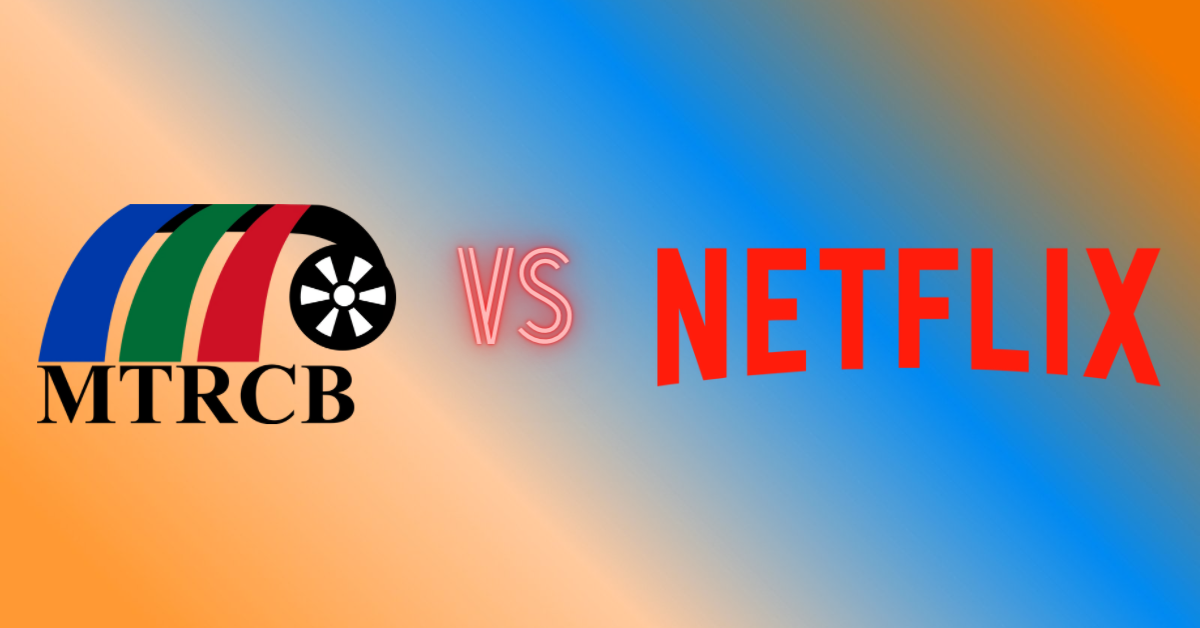Following a complaint lodged by the Department of Foreign Affairs (DFA) to the Movie and Television Review and Classification Board (MTRCB) related to scenes showing a map of China’s “nine-dash line” in two episodes of Pine Gap (an online show/series from Australia being shown on Netflix), the debate on whether the Philippine’s censorship board can impose its power to online streaming platforms resurfaced.
Short answer: NOPE! The MTRCB does not have any power over online streaming platforms like Netflix, Vivamax, iFlix, etc. It is not part of the MTRCB Charter to oversee content shown online.
Acting as a quasi-judicial government agency under the Office of the President, the MTRCB is responsible for the review and classification of television programs, movies, and publicity materials.
Just a background, it was in 1985 when former President Ferdinand Marcos signed Presidential Decree No. 1986 creating the MTRCB. Under Section 3 of this law, the powers and functions of the MTRCB were defined as (Section 3.b.):
“To screen, review and examine all motion pictures as herein defined, television programs, including publicity materials such as advertisements, trailers and stills, whether such motion pictures and publicity materials be for theatrical or non-theatrical distribution, for television broadcast or for general viewing, imported or produced in the Philippines, and in the latter case, whether they be for local viewing or for export;”
The law is very clear, since commercial Internet (or the Web) does not exist yet in the Philippines when PD 1986 was enacted, the MTRCB does not have any legal authority over online platforms. There is a need for a (new) law to be passed for MTRCB to govern what Netflix and other streaming platforms can offer Filipino viewers.
Of course, it is unless the government (or the President) can find an existing law and hedge over that legislature to amend the duties and functions of the MTRCB. But I highly doubt that this can happen anytime soon, especially when many of our lawmakers are already busy preparing for their respective electoral campaigns.
Simply put it this way: can the MTRCB screen, review, and examine all contents shown online? With Netflix alone, imagine how many manhours will it take them to “reclassify” all shows and movies the platform already has. And we are not even talking about the video contents from other SVOD (Subscription Video-On-Demand) players and YouTube.
But what really happened? If the MTRCB does not have any legal authority over Netflix, why did the online streaming platform remove the episodes containing the “offensive” content after receiving the complaint? My personal take on this is that Netflix (based in California, USA) simply does not want to create enemies, especially government entities from countries where they have a sizeable following.
This is not the first time that Netflix gave in to the demands of a government just to appease them. Personally, I think the DFA and the MTRCB were just overreacting for asking a streaming platform to take down something that is a work of fiction.


